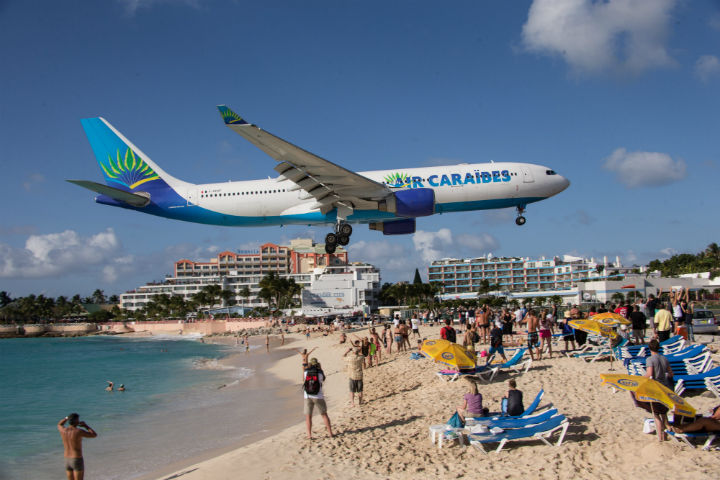VANCOUVER – Health officials are warning Canadian travellers to the Caribbean about a mosquito-borne virus that appears to be spreading.

The Public Health Agency of Canada said Tuesday travellers to St. Martin/Sint Maarten and Martinique should take precautions to prevent mosquito bites.
The health notice comes after a previous warning confirming cases of the chikungunya virus in St. Martin — the French side of the island shared with the Dutch territory of Sint Maarten.
“These cases mark the first time that locally acquired transmission of chikungunya has been detected in the Region of the Americas,” the agency said in a statement on its website.
The agency recommends travellers use mosquito repellent and wear long-sleeved shirts or long pants at times when mosquitoes are prone to bite — early morning and late afternoon/evening.
The U.S. Center for Disease Control (CDC) issued a watch last week after 10 cases of the mosquito-borne chikungunya virus were reported on the French side of the island. The current number of cases was not immediately available.

Get breaking National news
A similar notice was issued by Canada’s Dept. of Foreign Affairs on Dec. 10.
“The World Health Organization has reported 10 confirmed cases on the island. Testing to confirm other suspected cases is ongoing,” the CDC said Dec. 18.
It’s the first time the virus — which is normally found in areas of Asia, Africa and islands in the Indian Ocean and Western Pacific — has been found in the Western Hemisphere.
The virus causes “abrupt onset” of fever and severe joint pain, similar to arthritis, but some people may also experience muscle pain, nausea, headaches, rash or fatigue.
“The joint pain is often very debilitating, but usually ends within a few days or weeks,” the World Health Organization (WHO) said on its website.
WHO said chikungunya patients generally recover in full, usually in about a week, and treatment is focused on the relief of symptoms.
But, some people may suffer long-term joint pain as a result of becoming infected. The CDC said it is rarely fatal.
Officials in St. Martin previously told the Associated Press both sides of the island are cooperating closely to reduce mosquito breeding sites and increase public awareness about the importance of dumping out stagnant water. Mosquito fogging trucks were also being used to help combat the situation.
The island is already battling an outbreak of dengue fever commonly spread by the Aedes aegypti mosquito, which also spreads chikungunya, the Associated Press reported.
The CDC said it has been preparing for the arrival of the virus in the region since 2006 and created guidelines, with the assistance of the Pan American Health Organization in 2011. The U.S. government agency expects the virus could spread to other islands or mainland areas in the region in the coming months and years.
The CDC has in the past documented cases of chikungunya in the U.S., but all were in travellers returning from other countries..
*With files from The Associated Press








Comments